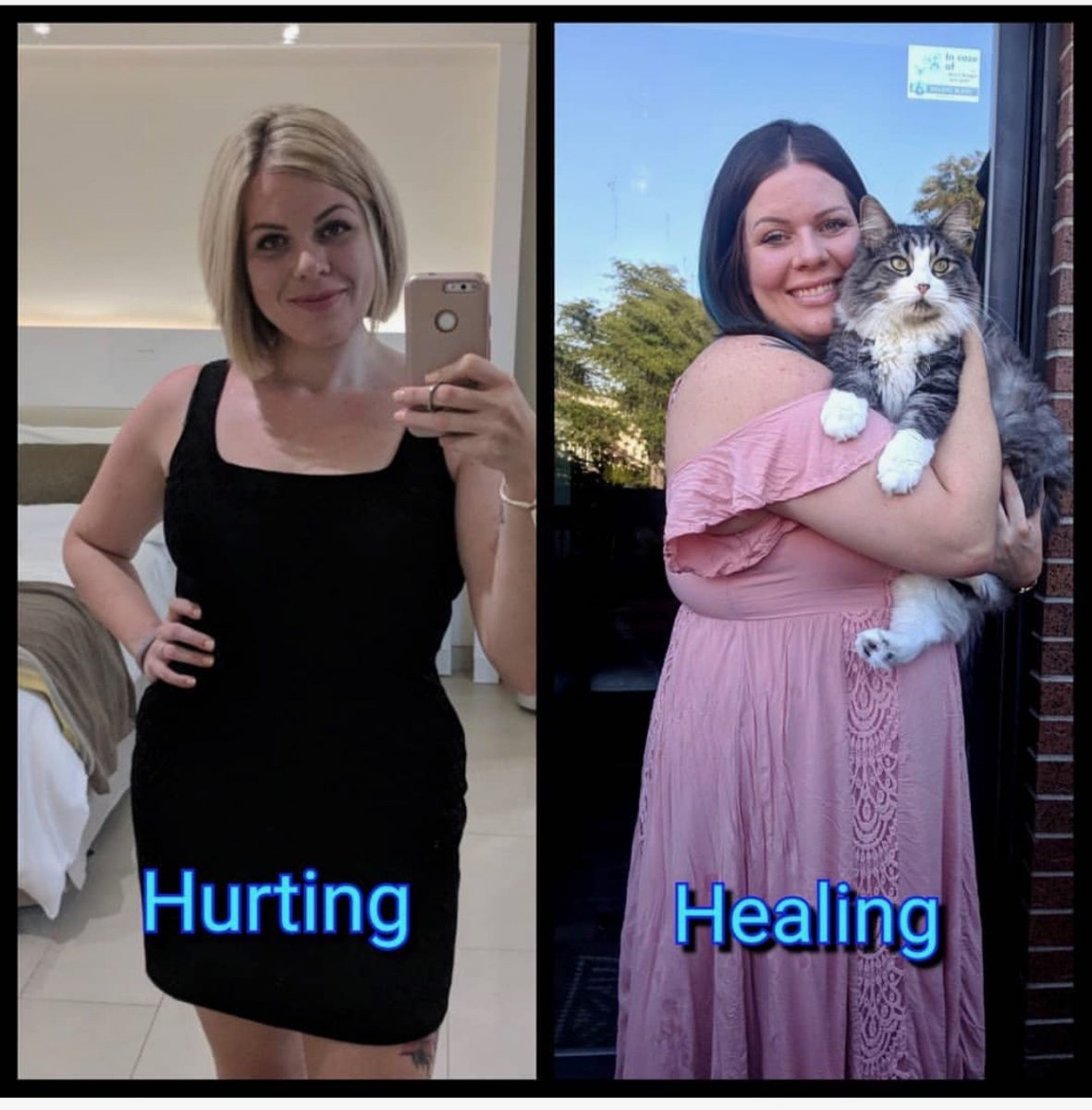Fad diets promise rapid weight loss by eliminating certain foods and focusing solely on others, but they can have consequences on your psychological and physical well-being.
Alida Finnie, a registered dietitian and certified intuitive eating counsellor, says the most common thread of fad diets is how they’re marketed.
“They’re usually sold by playing on our deepest fears,” said Finnie.
Finnie explains that fad diets are harmful because they don’t take into account our inner guidance system and focus more on very specific outcomes such as weight loss or “detoxing.”
Melissa Piccinin, a Natural Nutritional Coach and faculty member at both the Institute of Holistic Nutrition and Sheridan College, claims fad diets are not a long-term solution but a form of starvation.
“When the body is starved, it has a hard time letting go of stored fat. The person is left feeling sluggish, tired, foggy, decreased mental performance, confusion, and when the diet doesn’t work, the person will blame themselves,” said Piccinin.
According to Piccinin, the health risks of these diets include vitamin and mineral deficiencies. She says fat-free diets (the Cabbage Diet for example) can cause deficiencies of “fat-soluble vitamins [A<D<E<K]” leading to the possibility of anemia, eye and bone health issues.

A common dieting myth is the misconception that carbs are ‘bad for you’ and lead to weight gain. Low carb diets include the Keto Diet, the South Beach Diet and the Atkins Diet. A study done by the National Academies Institute of Medicine recommends that adults get 45% to 65% of their calories from carbohydrates to meet their daily nutritional needs. According to the Mayo Clinic, restricting your carbohydrate intake by a significant amount may cause long term gastrointestinal disturbances, bone loss, vitamin and mineral deficiencies and increase the risk of chronic diseases.
While most fad diets tend to be restrictive, the Raw Food Diet, the HCG Diet and Cleansing Diets especially focus on the consumption of very few calories. The Australian National Eating Disorders Collaboration (NEDC) states that a lack of food intake causes the body to “respond by reducing the rate at which it burns energy” meaning it slows down your metabolism and makes it more difficult to lose weight once a ‘normal’ diet is resumed.
Piccinin describes our metabolism as a campfire.
“In the morning the wood is arranged and lit [breakfast], over several hours it is repeatedly stocked [snacks, lunch, dinner] and this keeps the fire [your metabolism] burning strong. What happens if you leave the fire alone [starvation, fad diets]? The fire goes out [slow metabolism].”
While fad diets can be harmful to everyone, Piccinin says they are particularly dangerous to those who are in a growth phase including pregnancy, infancy and adolescence.
“Teens are developing both a sense of self and a healthy body, both of which can be stunted by a lack of balanced nutrition,” said Piccinin.

Food suitable for Juicing/Cleansing diet 
Food suitable for Gluten-free diet 
Food suitable for Keto diet 
Food suitable for Paleo diet
The psychological impact of dieting is especially concerning. Finnie says the psychological risks associated with fad diets include anxiety, depression, weight discrimination and eating disorders amongst many others.
“With such a narrow focus on only one aspect of health, it’s bound to wreak havoc in other areas of our lives,” said Finnie.
According to NEDC, dieting is the number one cause of the onset of an eating disorder. The symptoms of disordered eating are similar to the guidelines of fad diets. On NEDC’s website under examples of disordered eating, fasting, restrictive dieting, unbalanced eating and using diet pills are all listed.
Ticia DeVargas, a former Sheridan student, said she’s tried almost every diet you can think of including the Keto Diet, Cabbage Soup Diet, Atkins Diet and a variety of cleanses.
For DeVargas, fad diets took over her life. She says they consumed the majority of her time and mental capacity and created a constant and increasing obsession over the food and diets.
“I would think about the rules and what was/wasn’t allowed from the moment I woke up,” said Devargas. “It made me lose my sense of connection with my body.”

DeVargas says her disordered eating habits were so restricted they would lead to compensatory binge episodes. Compensatory binge episodes are a natural response to long-term food deprivation. This eventually led to developing Bulimia Nervosa, a life-threatening eating disorder.
DeVargas suffered psychical consequences as well. She says purging (self-induced vomiting) left her with brittle and cracked teeth. She developed nutrient deficiencies and electrolyte imbalances. Two years into recovery DeVargas still suffers from chronic heartburn and digestive issues.
“Fad diets are not something I could, in good conscience, recommend to anyone,” said DeVargas.
To maintain a healthy lifestyle, Finnie recommends making note of what works best to keep you feeling your most vital and do that. She also suggests seeking regular medical care and monitoring from a primary care provider you trust. Finnie says, most importantly, be kind and loving towards yourself:
“We take the best care of what we love most.”

Great article.
This story is filled with valuable info!!! Love it!